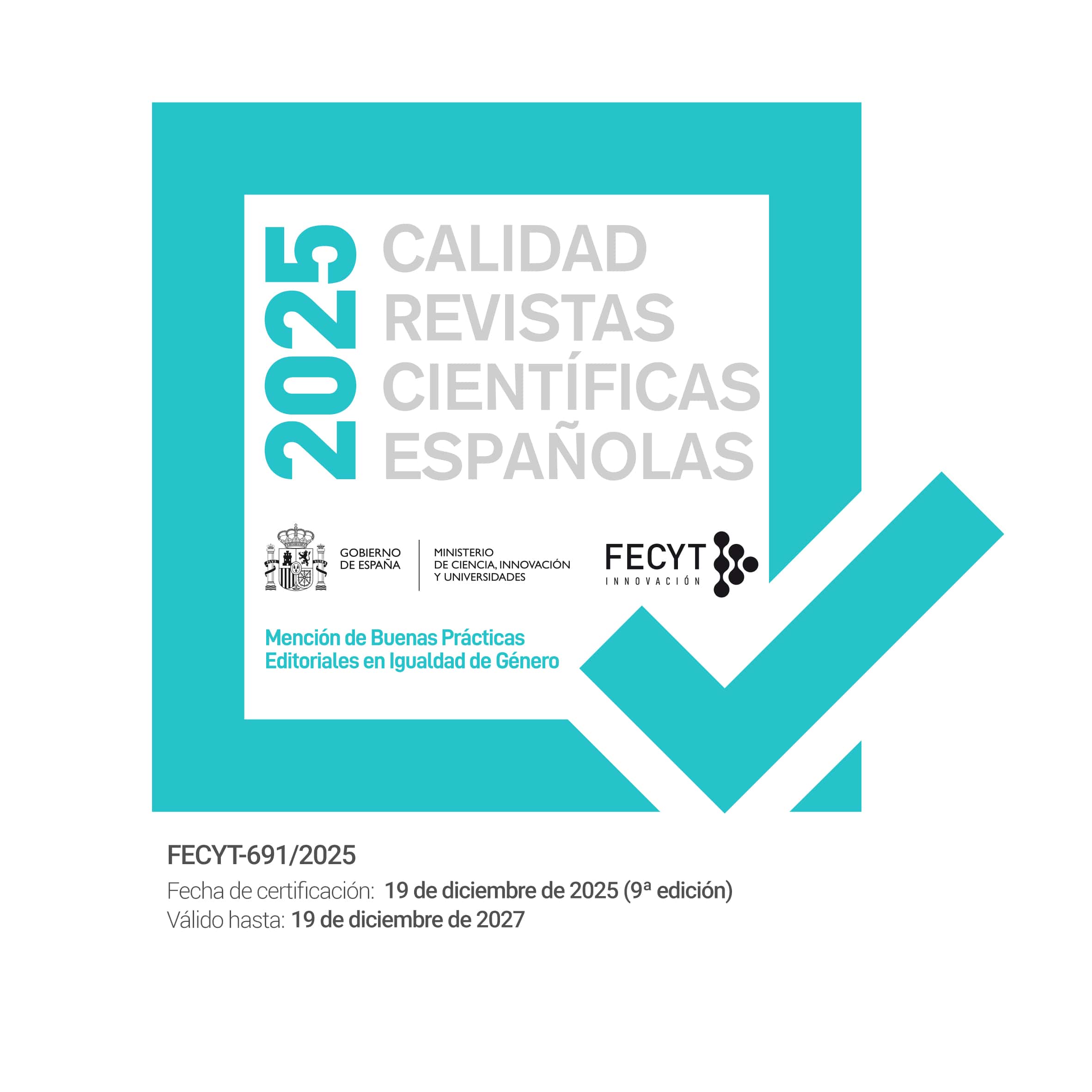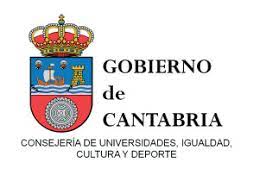El porvenir de España en Cánovas (1912) de Benito Pérez Galdós
DOI:
https://doi.org/10.55422/bbmp.975Abstract
The fourth and fifth series of the Episodios Nacionales are a turning point in Benito Pérez Galdós’s attitude towards the construction of a liberal Spanish State during the second half of the 19th century. If the first series show an optimistic attitude towards the development of the Spanish nation-building, the entrenchment of the Carlist wars, the interim government during the «periodo isabelino» and «La Restauración» change Galdós´s mood towards a pessimism that turns the nation into a chronically ill patient. At this point, I analyze the intersection that occurs in Cánovas (1912) between a clinical language depicting the historical problems of Spain as endogenous diseases and, on the other hand, a drift towards the fantastic and the irrational that brings Galdós closer to the later «Modernism». This drift comes from a disenchantment with the positivism that had characterized the Canarian writer and anticipates part of the disenchantment of later literary generations.
Downloads
Publication Facts
Reviewer profiles N/A
Author statements
Indexed in
- Academic society
- Sociedad Menéndez Pelayo
- Publisher
- Sociedad Menéndez Pelayo
Global Statistics ℹ️
|
246
Views
|
99
Downloads
|
|
345
Total
|
|
Downloads
Published
How to Cite
Issue
Section
License
Copyright (c) 2024 Mikel Lorenzo-Arza

This work is licensed under a Creative Commons Attribution-NonCommercial 4.0 International License.








